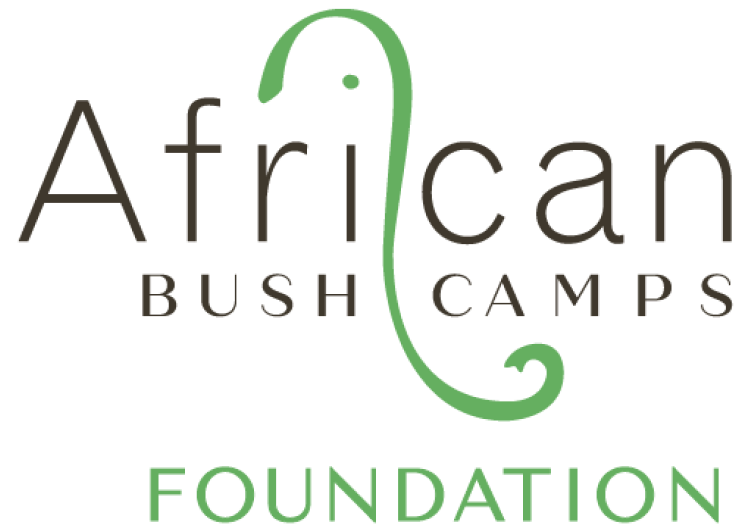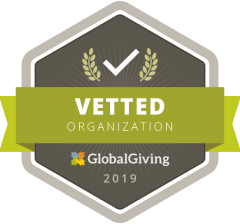Human-wildlife conflict arises when humans and wildlife interact negatively. This clash often results in a loss of property, land, livelihoods, and the loss of lives.
The need for human-wildlife co-existence measures in vulnerable communities is important because this is a humanitarian and conservation concern. The African Bush Camps Foundation has developed a few key projects to address some of the challenges around the human-wildlife conflicts in the communities that are located along the borders of the national parks where we operate.
As we celebrate World Lion Day, we would like to shed some light on the progress made by The African Bush Camps Foundation through the human-wildlife co-existence projects currently running in Mola, near our Bumi Hills Safari Lodge.
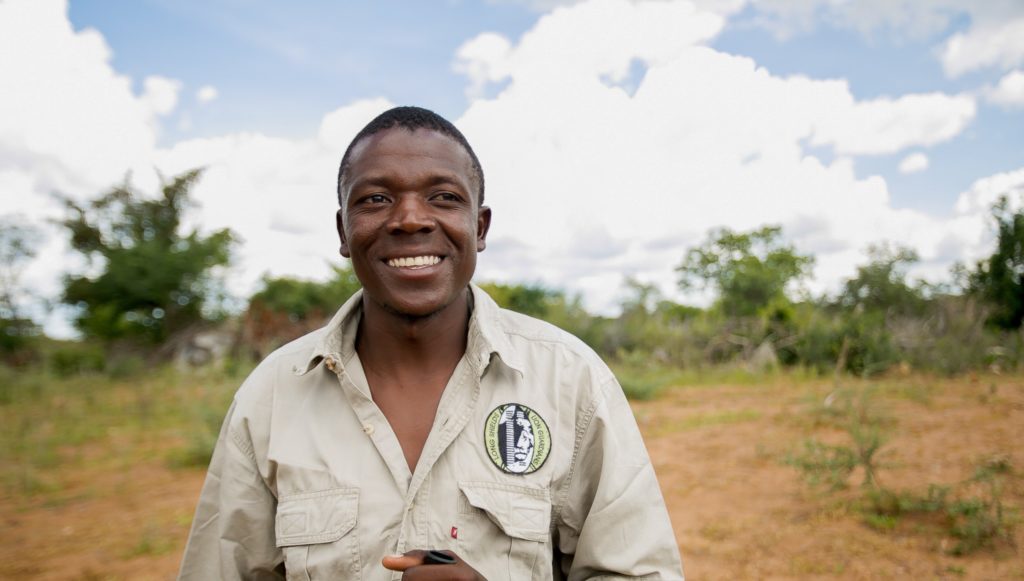
The human-wildlife co-existence project, in partnership with Wildlife Conservation Action (WCA) and Bumi Hills Anti Poaching Unit (BHAPU), has been in full swing since January 2022.
The project has been actively focusing on these four components:
- Lion incidents in the area
- Kraal and heard assessments
- Lion Boma initiative
- Conservation clubs
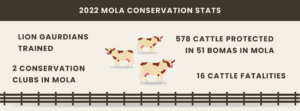
KRAAL & HERD ASSESSMENTS
Regular kraal assessments were carried out in the Kalundu, Matondo, Matumbu, Chiweshe, and Dobe areas by our lion guardians to ensure that the kraals are well constructed and provide little visibility to the livestock that is kept in them. The height of the kraal as well as the strength and durability of the structure and its covering play a significant role in protecting the livestock and making access more difficult for lions and other predators.
45 herd assessments were conducted in the past 6 months to assist the foundation in keeping track of and monitoring the pattern, movement, and behaviour of herds in the community. We saw an increase in lion incidents during the period of March to June 2022. The increase is largely attributed to the livestock being left unattended by herdsmen. The incidents reported in this period related to cattle, donkeys and goats that were left unattended at night and were not kept in a kraal or boma at the time of the incident. No lion incidents were recorded related to livestock in the kraals.
The ABCF lion guardians are providing regular support, and education to farmers to equip them to maintain and improve the kraal structure as well as to practice the habit of keeping their livestock in the kraal at night. This will ensure the ongoing safety of their livestock and prevent attacks by predators and retaliatory killings of wildlife.
The foundation has supplied additional two-way radios and solar chargers to the lion’s guardians and project officers in the community to improve communication and reduce lion incidents in the area.
THE BOMA INITIATIVE
The ABCF mobile lion bomas are a critical tool in our efforts to mitigate human-wildlife conflict in the community. Regular assessments, maintenance and repairs were carried out on the lion bomas in the community. ABCF replaced the material covers for most of the bomas to prevent easy access into the boma by lions and other predators.
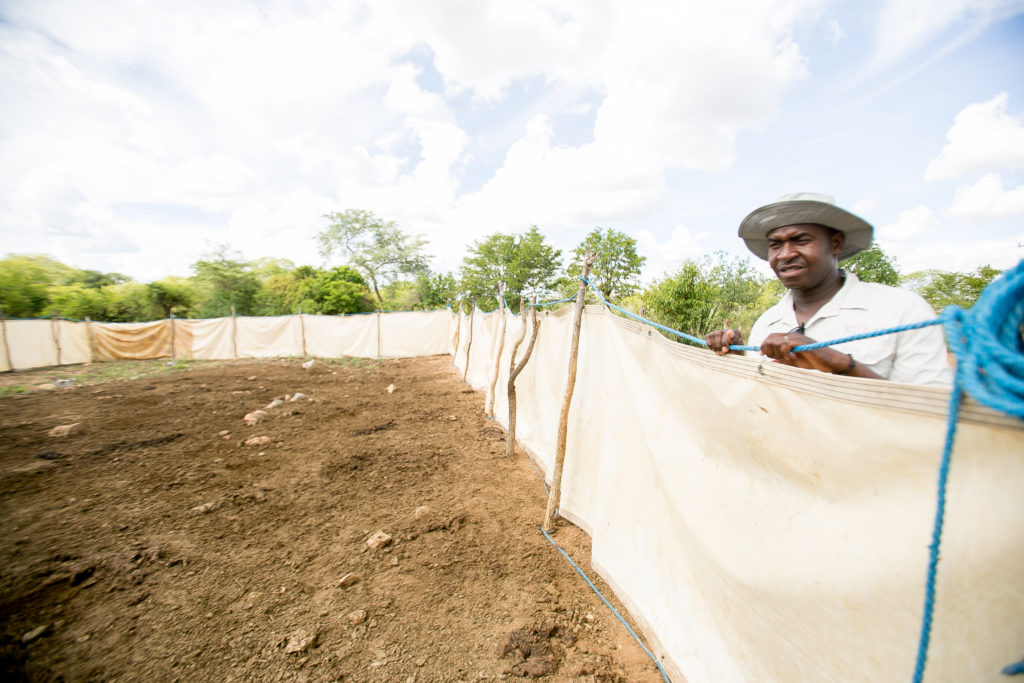
DID YOU KNOW?
Our lion bomas are mobile. This allows the community to move them to different locations within the area during the rainy season. Moving the bomas is beneficial in fertilising the soil and helps to promote land regeneration in the new area while protecting the livestock.
CONSERVATION CLUBS
We have conservation clubs running in various communities that we support. Through these clubs, learners are being equipped with the knowledge and skills that they need to play their part in effectively and safely conserving wildlife and natural resources in their communities. These clubs are the critical link between education and conservation as well as bridging the knowledge gap among families and communities on co-existing with wildlife along the border of the national park.
The ABCF conservation club in Mangwara is ongoing and provides regular training to learners on the importance of conservation and wildlife. We are excited about the launch of a new club set to open in Mayovhe this year. We have recently updated the training materials and program at the clubs and continue to provide regular training to learners on the importance of conservation and wildlife.
Conservation remains a top priority for the African Bush Camps Foundation. We are committed to creating an environment where humans and wildlife can co-exist together in peace and harmony. Visit our website for more information on our conservation projects and how you can get involved by donating to our projects.
